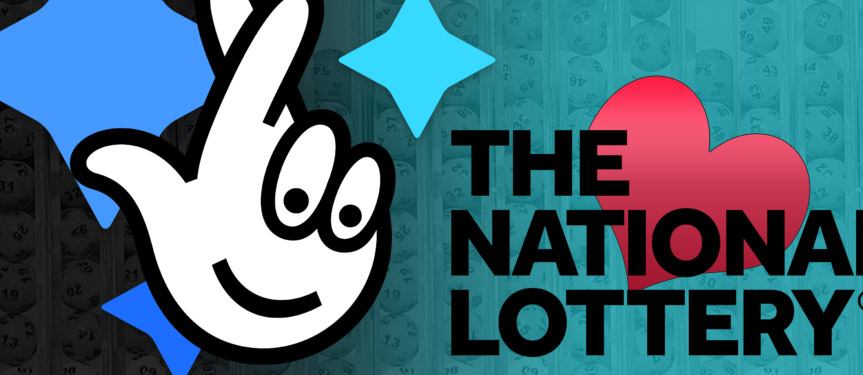The UK’s National lottery was first drawn on the 19th of November in 1994. Whilst the odds of winning the jackpot are incredibly small (about 45million to 1) it has remained hugely popular. Winnings are paid out tax free and in one life changing lump sum.
How much national lottery money goes to charity?
Camelot takes 1% of revenue, 4% is spent on operating costs and the remaining 95% is shared as winners prizes, taxes and community projects.
From the 2019-2020 stats we can see that of 7,905 million pounds worth of ticket sales 57% was paid out to winning lottery players, 12% was paid to the UK government in lottery duty (basically 948 million pounds was taxed), 4% went to lottery ticket retailers in commission and 23% or £1,853.1 million went to National lottery projects.
Of these lottery projects, funds are shared proportionately to different sectors. Arts, sports and heritage projects receive 20% each, and 40% goes to health, education, environment and charitable causes.
Over the years since the National lottery’s inception this has resulted in £42 billion being raised for over 625,000 projects nationwide. This is an impressive figure and represents many individuals and groups who would otherwise be unsupported in their goals and projects. It can be said that a lot of good has come from national lottery projects.
Notable winners
It is always fun to imagine winning the lottery. Since its inception in 1994 the National Lottery has made 5,700 millionaires.
Perhaps most famous was Michael Carroll. He was a 19 year old Norfolk binman when he won £9.7million on the National Lottery in 2002. Dubbed the “Lotto Lout” and “King of the Chavs” Mike blew his entire fortune on a party lifestyle. His antics delighted the tabloid press. After giving a million each to his mum, aunt, ex-wife and her mother he spent the rest on a lavish and destructive lifestyle. He spent 2 grand a day on cocaine and to the chagrin of his neighbours he build a derby race track around his country home. Dirt bikes revving and demolishing cars was fun for he and his friends, not so much for the community. His wife left him after his constant cheating on her with prostitutes.
During that time he was called to make 30 court appearances for various misdemeanors. Charges including throwing hamburgers at pedestrians out of his luxury cars. He was banned from all the pubs in the area. His raucous parties meant he was despised by his neighbours. By 2012 he had spent every last penny and was on unemployment benefits. Today he claims he has no regrets, he had an incredible ride winning and spending his money so quickly. He seems to be happy to have nothing too. Carroll takes the philosophical line that it is better to have won and spent it than to have never won at all! It’s hard to argue with that logic anyway.
Young Lottery Winners Regrets
Several younger lottery winners since voiced their concerns that they were not ready to have that much money. UK’s youngest lottery winner was Callie Rogers who won 1.87million aged 16. She blew her winnings on parties, cars, plastic surgery and cocaine. She now says the age limit for playing the lottery should be increased to 18 instead of 16. Similarly Jane Park a 17 year old lottery winner claims she was not prepared for the press attention. The UK now seems likely to raise the minimum age to buy a ticket to 18 in 2021.
However, not everyone who wins the lottery goes crazy spending it all on drugs parties and prostitutes. Many are ordinary people whos lives are changed of course. However, many continue to work or volunteer as they had done before. We still like to imagine what it would be like to win none the less!



